 |
 |
 |
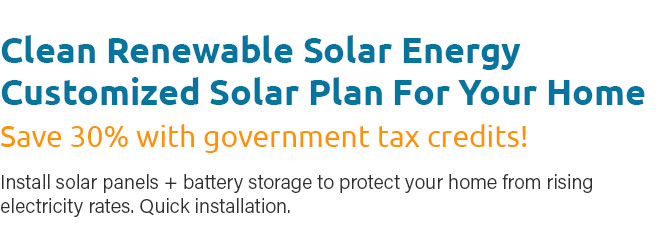 |
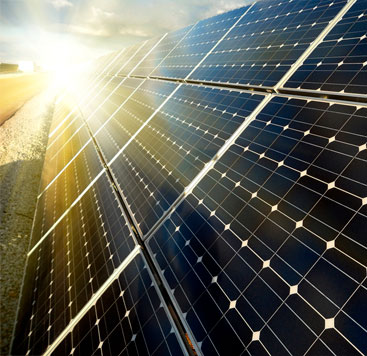 |
 |
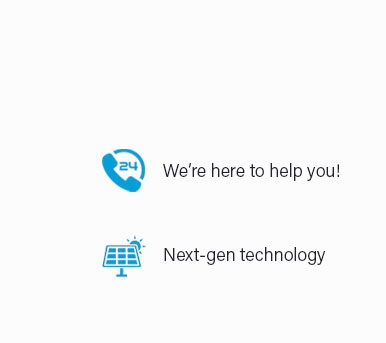 |
 |
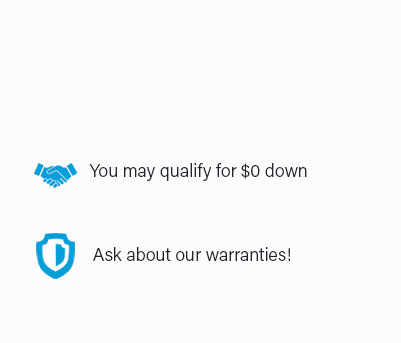 |
 |
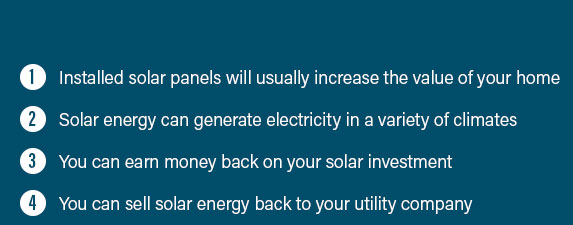 |
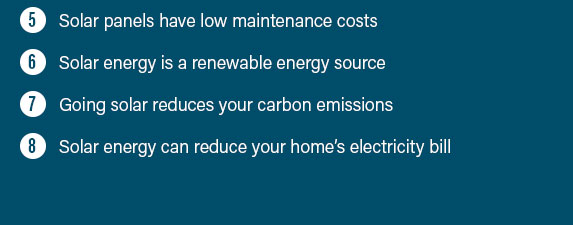 |
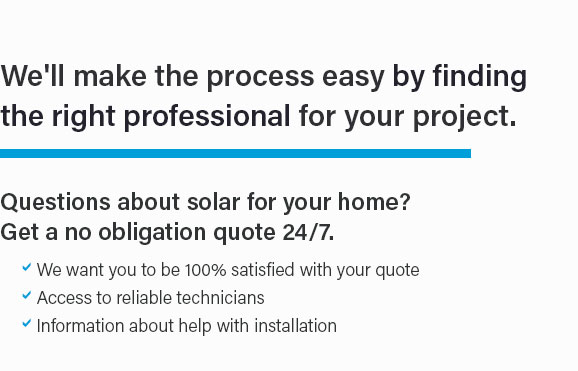 |
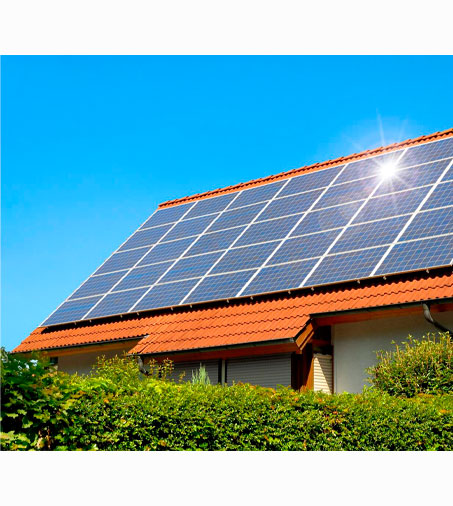 |
|
 |
 |
 |
|
Imagine transforming your home into a powerhouse of clean, renewable energy-get your personalized solar panels installation quote today and take the first bold step towards sustainability with 'Power Home with Solar,' where cutting-edge technology meets unparalleled expertise to turn sunlight into savings, all while reducing your carbon footprint and increasing your home's value; don't just dream of a greener future, create it now with the industry leaders committed to empowering your life, your home, your planet.
https://www.reddit.com/r/solar/comments/14eu8gh/is_solar_really_powering_our_homes/
The panels by themseleves produce power, send it to the inverter, that sends it to both your house and the grid. If your house uses all the ... https://www.powerhome.com/
Off-grid living made easy! Explore our range of power solutions for your home and shop now at PowerHome.com. https://home.howstuffworks.com/home-improvement/construction/green/run-house-on-solar-power.htm
It is possible to run a house on solar power alone. However, going completely off-grid requires a considerable financial and time investment. The higher your ...
|